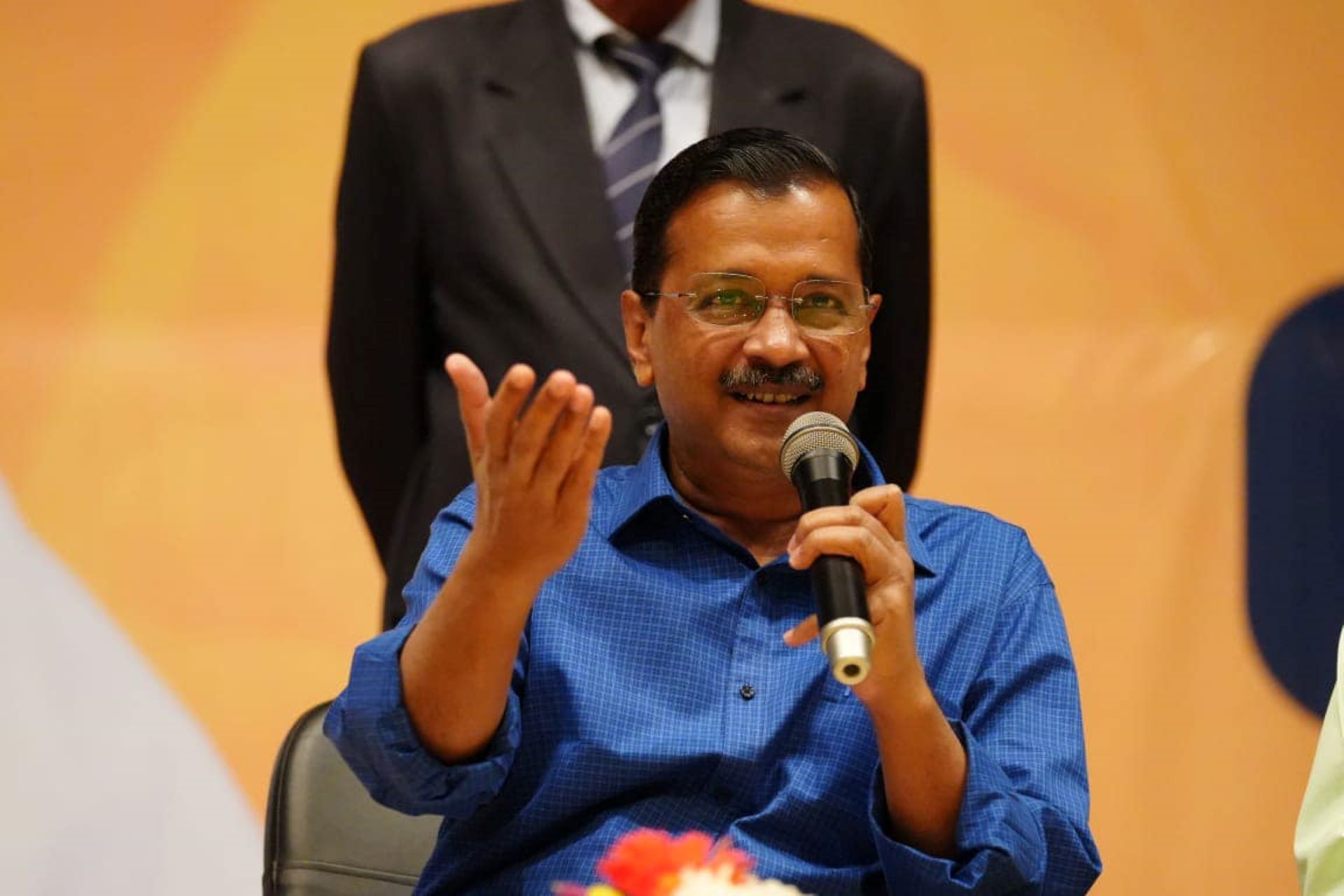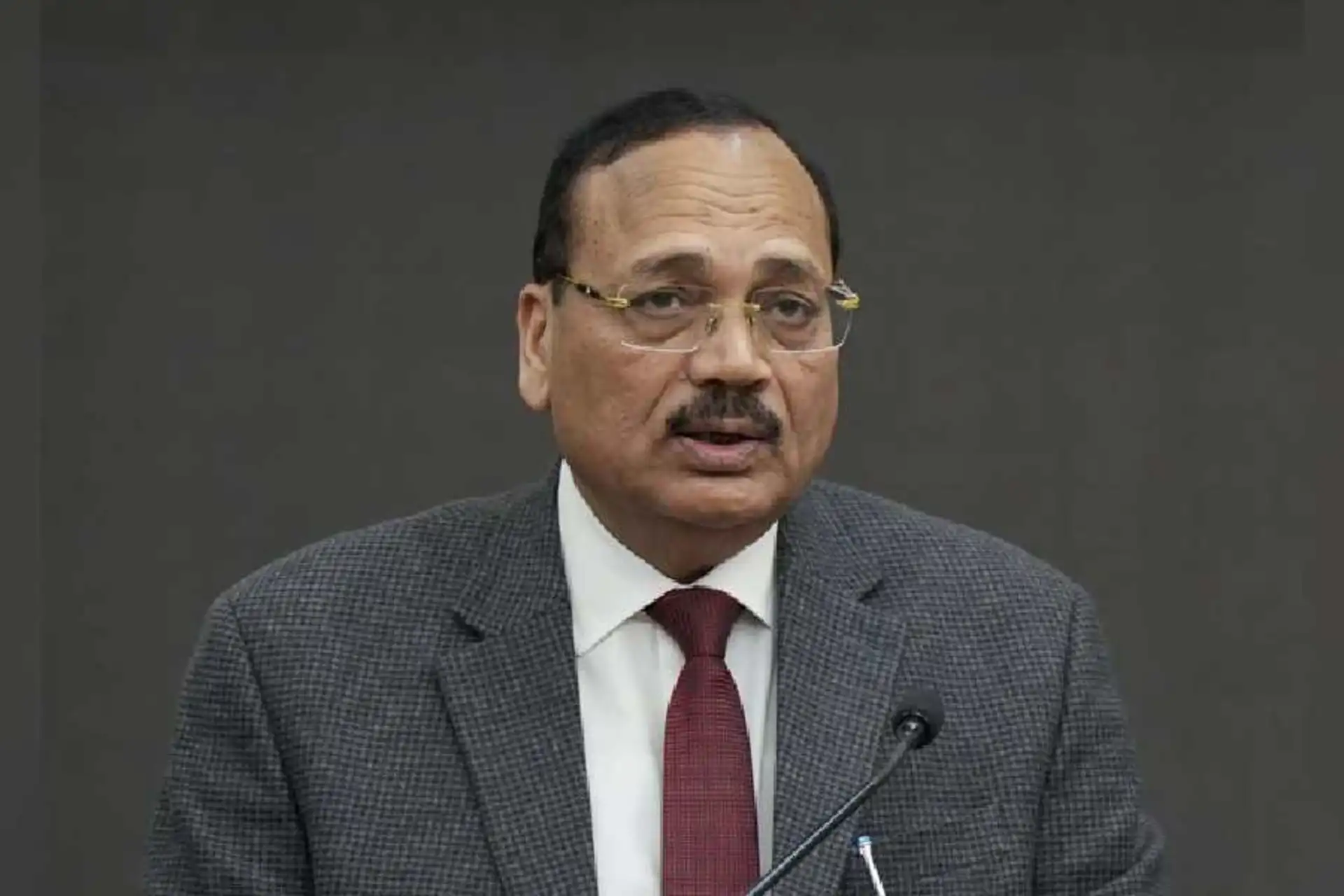
The Delhi High Court is currently deliberating over the arrest and remand of Delhi Chief Minister Arvind Kejriwal, following a legal challenge mounted by his legal team. The Enforcement Directorate (ED) defended its actions, arguing that the arrest was lawful and based on substantial evidence, while Kejriwal's legal representatives questioned the timing and legitimacy of the arrest.
During the court proceedings, Senior Advocate Abhishek Manu Singhvi, representing Kejriwal, underscored the significance of the case, highlighting its implications for democratic processes, particularly as it pertains to impartial and fair Lok Sabha elections. Singhvi expressed concern over the timing of the arrest, noting that the first summons in connection with the case was issued in October 2023, whereas the arrest occurred on March 21, 2024, just days before the upcoming elections.
Singhvi emphasised that the timing of the arrest raises suspicions and could potentially undermine the fundamental principles of democracy. He argued that such actions could deter individuals from participating in democratic activities, thereby compromising the democratic framework of the country.
Responding to Singhvi's arguments, Additional Solicitor General (ASG) Raju, representing the ED, defended the agency's actions, asserting that the arrest was justified based on the evidence at hand. Raju likened Singhvi's arguments to suggesting that a murderer should not be arrested just before an election to avoid disrupting the societal fabric.
Raju further emphasised that the ED's actions were guided by legal principles and supported by substantial evidence, including WhatsApp chats, statements from hawala operators, and income tax data. He cautioned against allowing individuals to use elections as a shield to evade accountability for criminal activities, stating that such leniency would embolden criminals and compromise law enforcement efforts.
After five hours of deliberation, Justice Swarnakanta Sharma reserved the verdict, indicating that the decision would be announced at a later date. The legal battle surrounding Kejriwal's arrest and remand highlights broader debates about the intersection of law, politics, and democracy. As the court prepares to deliver its judgement, the outcome of this case will have far-reaching implications for the future of electoral processes and legal accountability in the country.














